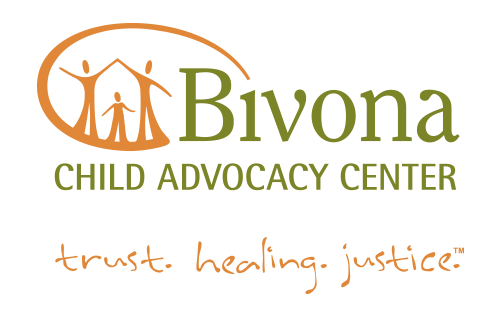Helping children cope
Keep schedules as normal as possible—children, especially younger ones, find peace in normal routines and familiar activities.
Keep rules as normal as possible—it’s tempting to let things slide because of stress, but children and families do better when rules, responsibilities and expectations are set.
Expect change—don’t be surprised if a child regresses to younger behavior. They’re just scared. You can help by being understanding and reassuring, and seek counseling if needed.
Don’t make life all about the abuse—let a child decide when to talk about what has happened and any part of the process to come. You can simply ask what’s on their mind.
Let your child have a say—some children will want to know everything about the investigation or trial while it’s happening. Some won’t. Giving them the choice of how much information they need gives them back some of the control that’s been taken.
Reach out for support—normal family support may be strained, especially with abuse by a family member. Make a list of all the support available in your community.
Take care of yourself—you can’t help a child if you are not physically and mentally strong. Make sure you maintain healthy eating habits, sleep, exercise and personal time. Coping by using drugs and alcohol can only make the situation worse.
Helping you and your family cope
Sexual abuse affects the whole family—especially when the offender is inside the family. It can disrupt family finances, destroy marriages, and tear people up emotionally. The professionals at Bivona can provide therapy and advocacy to children and their caregivers, and can help find support for the entire family.





